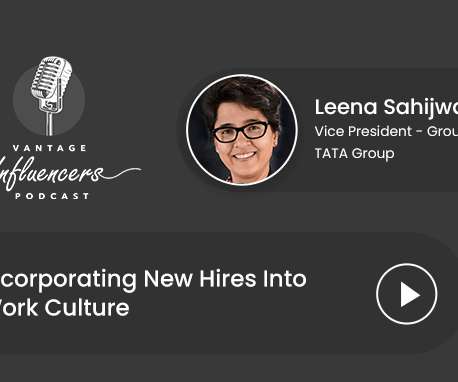HR Challenges in the Pharmaceutical Industries
Vantage Circle
MAY 10, 2021
All of which will imply how the pharmaceutical industry is likely to conduct its business in the near future. With the constant layoffs, corporate mergers and acquisitions in the pharmaceutical market, and rise in the compensation standards, many businesses have also adopted an outsourcing business model. Development in Technology.













Let's personalize your content